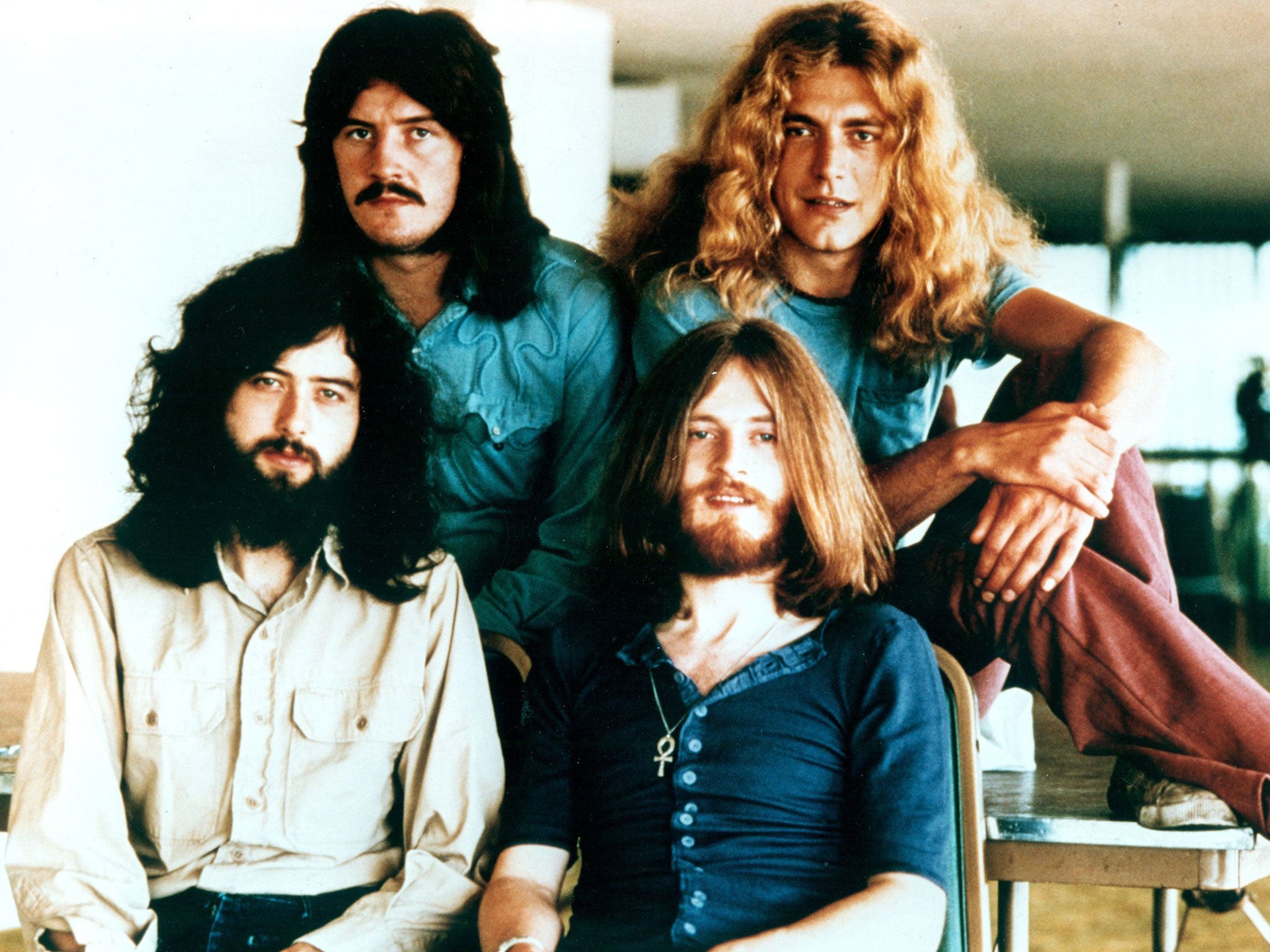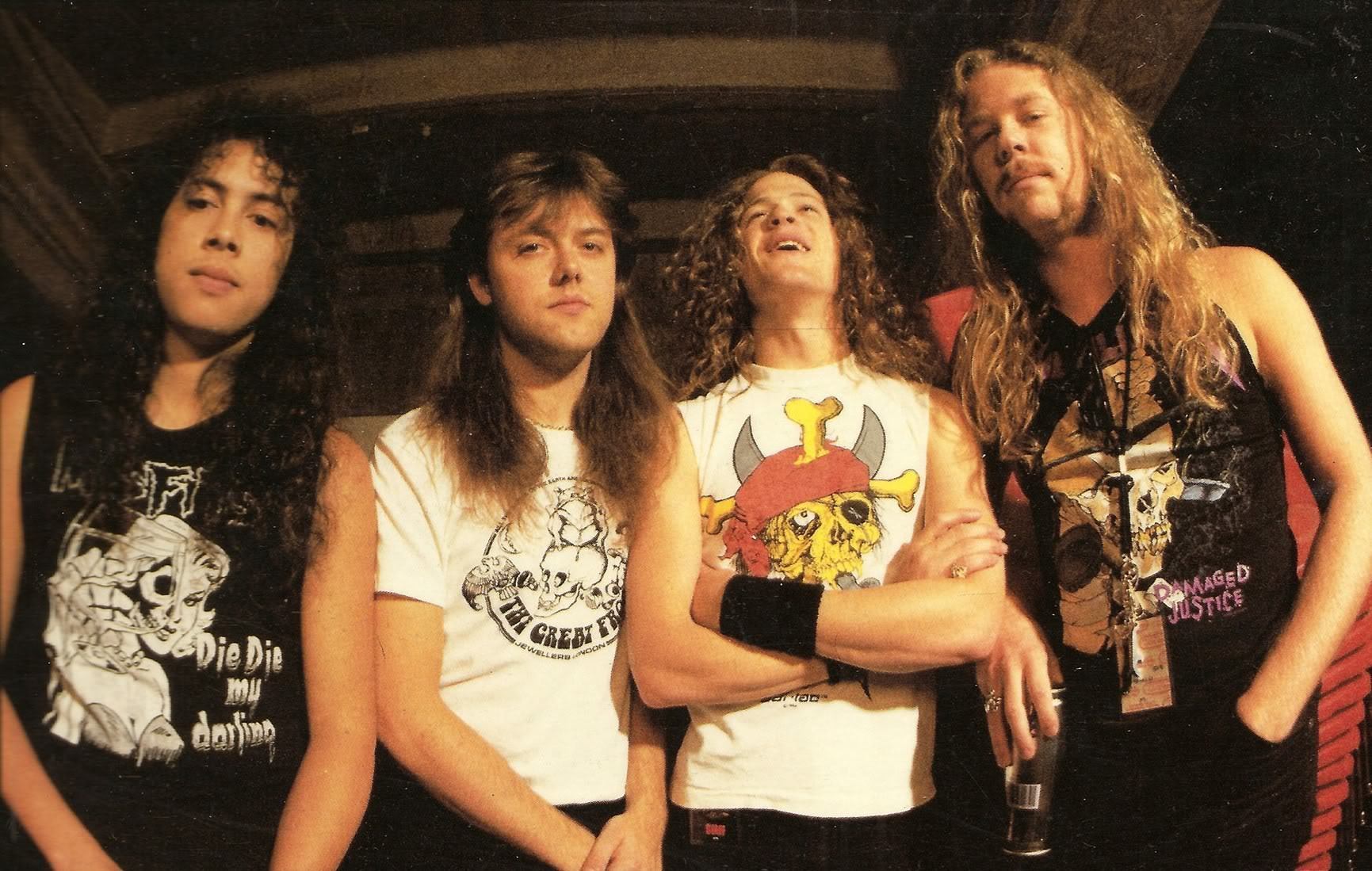Safesurfer is my favorite song by one of the most important musical figures in my life, Julian Cope. It is a sprawling eight minute guitarfest, a song about AIDS and the chilling consequences of not practicing safe sex just because a partner says they're clean:
You don't have to be afraid love
Cause I'm a safesurfer darlin
The music begins and ends with guitars. It starts off with a low strummed acoustic being overrun by a heavy electric threatening feedback. Another guitar enters the fray at 0:14. and the two guitars snake around each other as cymbals crash about. At 0:51 the drums lock into a groove that propels us forward through the haze of guitar pyrotechnics. Organ and piano join up at some point as well.
At 2:52, Julian finally decides to speak up:
And I saw my old man
Exploding out of the tunnel...
At 3:19, the guitars disappear and we are at the bottom of a slow climb back to them through piano and organ. Julian repeats the lover/murderer safesurfer mantra over the next few minutes, adding voices to show how so many people have this kind of twisted belief in personal invulnerability. As Julian himself writes in the liner notes in Peggy Suicide, 'Safesurfer is that guy we all know; you overhear him with some girl saying "I'm not like the others, darling. Don't you trust me?" like HIV ain't never coming down.'
The guitars shoot back into the song at 5:19, exactly two minutes after they disappeared. They attempt to drown out the vocals. Piano chords rise and fall, everything is a big ball of sound.
When I first heard Safesurfer, there was a particular moment that just blew my socks off, and still does. It happens at 6:10 - everything is bubbling away when this amazing distorted guitar riff completely splits the atmosphere. From here to the end we are subjected to phasing, heavy synth chops, some sort of stringed cello or something, everything dissolving and reanimating, spiraling out into space.















